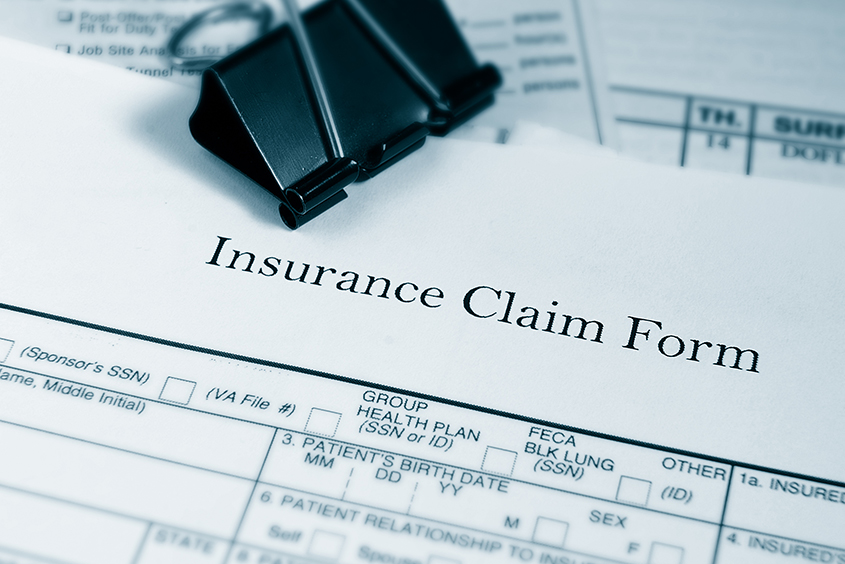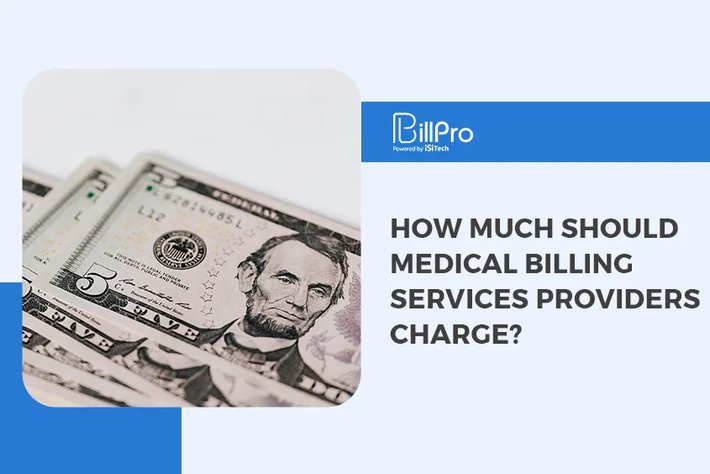How much should I charge for medical billing services? This is a common quandary among providers.
The Centers for Medicare and Medicaid Services (CMS) sets the guidelines for medical billing and coding. These are used by both public and private insurance companies.
However, this information is not enough for providers to determine the fees for the services they have rendered.
In this article, we aim to help you make that educated decision.
What is Medical Billing?
Medical billing is the process healthcare providers use to file and follow up on claims with insurance companies for services rendered to their patients. For a more streamlined processing, they employ a medical billing service.
The medical billing service company performs all tasks related to billing, including claim submission, denials management, collections, and customer service. They also bill patients and other facilities that conduct any financial transaction with a healthcare provider. Some offer coding and practice management services as well.
These service providers typically work on a fee-for-service basis. That is, they charge a percentage of the total amount billed to the insurance company. This fee can vary depending on the type of services provided and the size of the practice.
What Affects the Cost of Medical Billing Services?

Many factors contribute to the cost of medical billing services:
-
Type of services rendered
-
Number of staff required to perform the work
-
Frequency of billing
-
Complexity of the billing process
-
Geographic location of the medical practice
-
Operational costs such as installation and support service
Ultimately, the cost of medical billing services varies depending on the specific needs of a client’s particular medical practice. Thus, understanding the various items that impact the cost allows medical practices to be better prepared to budget for these services.
For patients, medical billing costs depend on the following:
-
Type of procedure
-
Location of the procedure
-
Type of insurance
-
Long-term medication
-
Administrative fees
In general, complex medical procedures or those that require specialized equipment are more expensive to bill than simpler procedures.
Additionally, confinement and/or surgery in a hospital or surgery center typically incurs higher costs than in an independent doctor's clinic. Also, if a patient’s insurance covers a higher percentage of the medical bills, their out-of-pocket costs are lower than for an insurance with a lower coverage rate.
How Do Medical Billing Companies Charge for Services?
The vast majority of medical billing services charge a percentage of the total amount they collect on behalf of the medical practices that hire them. For example, a $100,000 collection may incur a fee of 10%, which is equivalent to $10,000.
This fee can vary depending on a number of factors, as enumerated in the previous section. In general, though, most medical billing services charge between 5% and 10% of the total money collected.
Below are three of the most common methods medical billing services use to charge their clients. Each one is based on a healthcare facility’s size and number of patients. It is up to the medical billing service provider to choose the system that matches their clients’ profiles.
Percentage-Based Fees
In this approach, the medical billing company charges a healthcare provider client based on a percentage of the revenue that the latter collects every month.
The fees often range from 5% to 7% depending on the size of the hospital or healthcare facility and the number of patients it receives in a month. Many charge as low as 3%. Often, this is for larger hospitals or facilities that admit a high number of patients.
A few medical billing services impose a fee higher than 7% and this usually happens when the collection is based on the high end of the insurance price point.
Claim-Based Fees

Some medical billing services charge for every filed insurance claim. This is a more appropriate method for healthcare practices that file medical claims. A medical claim is a bill submitted by a hospital or healthcare facility to a health insurance company on behalf of their patient.
If your medical billing company provides services to such facilities, it would be a good practice to utilize software like NY BillPro. This HIPAA compliant medical billing software ensures submission of error-free claims. These claims detail the services and care given to the patient, which may or may not include a diagnosis and procedure.
Hourly Fees
Sometimes, smaller healthcare providers might need medical billing service fees charged by the hour. This would be a much better arrangement for facilities that may not admit enough patients to require a percentage-based or claim-based rate.
For this type, the rates for medical billers range from $12 to $20 per hour. Again, it also depends on the size of the practice and the number of patients. On the average, the median hourly rate is $17.44 per hour.
Final Thoughts
A medical billing company should consider all expenses for personnel, equipment, and digital tools as part of its overhead. These include the ones they apply to match the different codes used by the healthcare industry to identify procedures, treatments, and other items that affect patients’ bills.
To ensure that you cover all the bases, create a list of all the factors that affect your operations, add maintenance and staffing, and determine the kinds of healthcare providers you service. This way, you will find the most appropriate method to charge your clients.

 5/5 (1 vote)
5/5 (1 vote)
 719 views
719 views




